Meet the Headteachers – Dr. James Dalziel – GEMS World Academy Switzerland
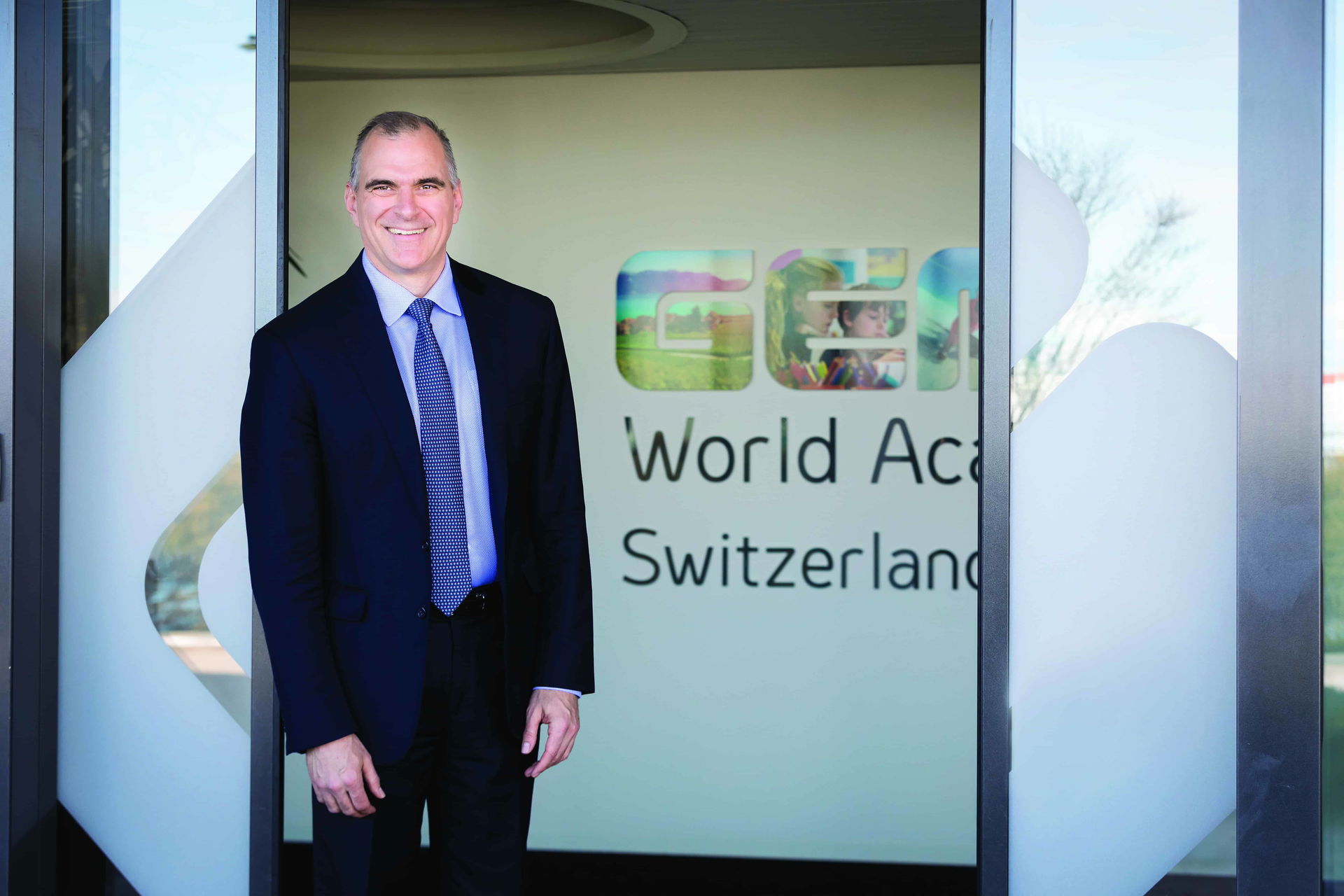
Dr. James Dalziel is the new Head of School at GEMS World Academy Switzerland (GWAS). He has many years of experience leading schools, including spending the last 16 years in Singapore as Principal at three different international school campuses. James Dalziel wants to bring his passion and energy to GWAS to provide strong, inspiring leadership and the best possible education for all students.
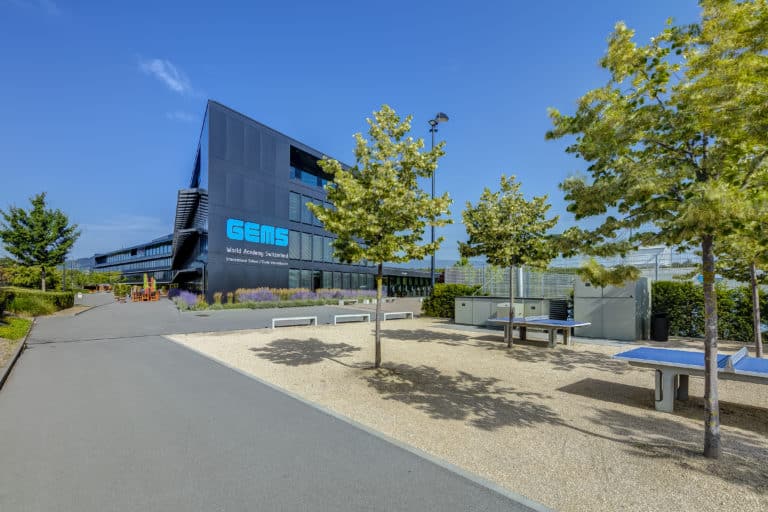
Tell us a little bit about what inspired you, at the very beginning, to get into education?
When I was in my teens, I had the opportunity to take a course at the Outward Bound Eskdale Centre and ended up staying and working there, and loved it. I loved the outdoor education elements of it, but I really got excited working with students. I then started working with kids that didn’t necessarily fit into mainstream education, and I just found my place.
I came back, applied to university, and that was the start of that career choice.
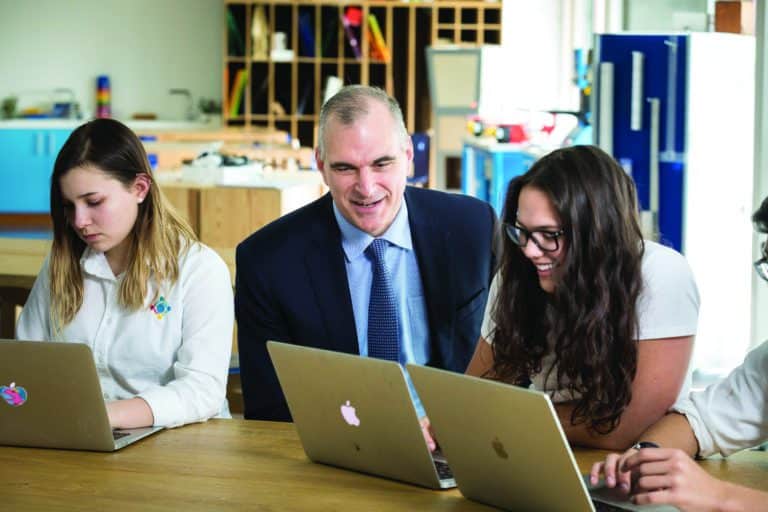
How have your life experiences informed your approach to education?
I think that between outdoor education, coaching athletics, and holding workshops for adults, teachers, and even for Principals, I have always enjoyed the idea of increasing people’s capacity. That is the core of it. The idea that I might have knowledge, skills, or an understanding that I can share, and that people have chosen to be there is, for me, very rewarding.
I like to say that we are in the “people making” business. I think that is true whether the people are three, 13, 33, or 83; we always want to be giving of our ourselves and making people’s lives better.
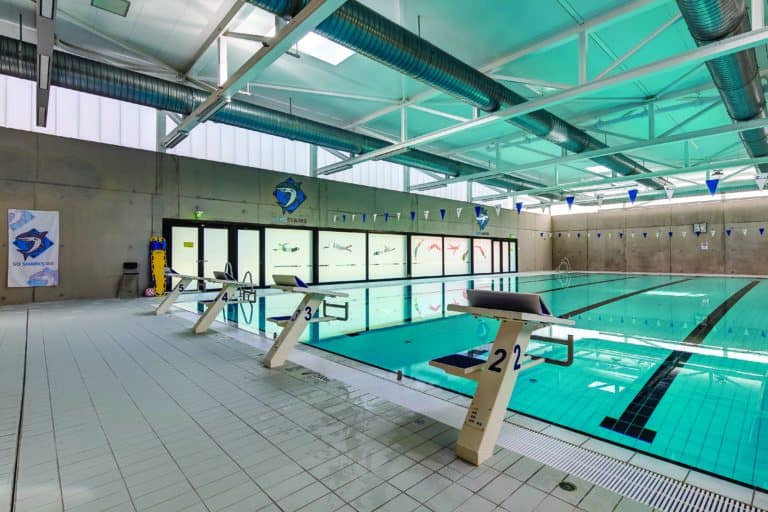
What have you learned in your roles as a school leader?
My leadership mantra is that I am here to improve learning for the students. The question that I keep coming back to is what is the intended outcome? What is it that we really want to achieve here?
So what characterises a student graduating from GEMS?
That’s an excellent question. “If we are successful, what are these young people like as a result of their experience here?”.
Of course, academic skill is critical, and we want to deliver excellent grades for our students.
GEMS is a global organisation, placing a strong emphasis on developing a ‘global mindset’. One aspect that we hope to develop is global, intercultural awareness, with an openness to the benefits of it, as well as the skills to work within it.
Another unique element of a GEMS education is a real focus on innovation. One of the things that I like to ask is “How are we creating an innovative mindset?”
I think it’s quite misunderstood within education. People will say “We definitely want innovators.” One of my tests is to ask people about something they have done lately that’s been innovative. When you hear feedback from that, it becomes very clear that there’s very little consensus around “What do we mean by innovation?”
Is innovation applying traditional thinking in new ways? Or is it applying new thinking in a traditional way? We want to set kids up to have the right mindset, skills and qualities, and to be open to new ideas.
GEMS also seeks to inspire world activists and people who are going to make a difference in the world. We want to develop leaders of the future and ‘agents of change’.
My philosophy is to get children used to partnering with people. I call it the ‘no muffin sale rule’. Selling muffins to raise money to give to an organisation doesn’t necessarily really help them understand what the complex issue is, let alone be an agent of change. You’re providing resources, which is a good first step. But if you really want to develop agents of change, you want people to understand systems thinking: Why is this a problem in the first place?
The idea is to make them understand how to stand beside someone who has an issue and think about prototyping solutions. Maker spaces are a great way of giving kids a chance to prototype solutions, and to apply them in the world. It helps them understand what might work and what doesn’t work.
We hope that they would have excellent partnering and team skills, not only for understanding problems, but for collaborating and prototyping. We hope that they have excellent systems thinking, where they understand the difference between complex problems and complicated problems. We want them to be able to prototype, or figure out who they can work with to prototype. And then go through that design process of “What’s working, what’s not working, and what can we fix?” Of course knowledge and the academic disciplines feed into this process too.
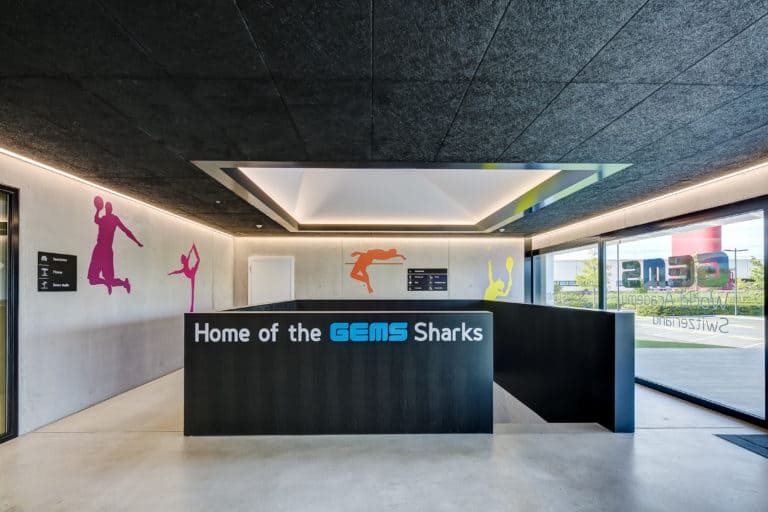
If I was to ask a parent outside the school gate what they value the most about this school, what would they say?
I think they’d say three things:
1) A caring learning environment. A genuine feeling that everyone in this building cares about their child. Not just their teacher, but their coaches, the chef, the receptionist, the security guard; so, there is a sense of real warmth here.
2) Expert teachers. People who truly know, not only the discipline that they are teaching, but that have an understanding of the pedagogy too.
3) A learning program that holds everything together. So, we all know what’s happening in Grade Three and we know that that’s leading to success in Grade Four and so on. It is not just about academics but a sense of connectedness which makes every experience part of a bigger, collective goal.
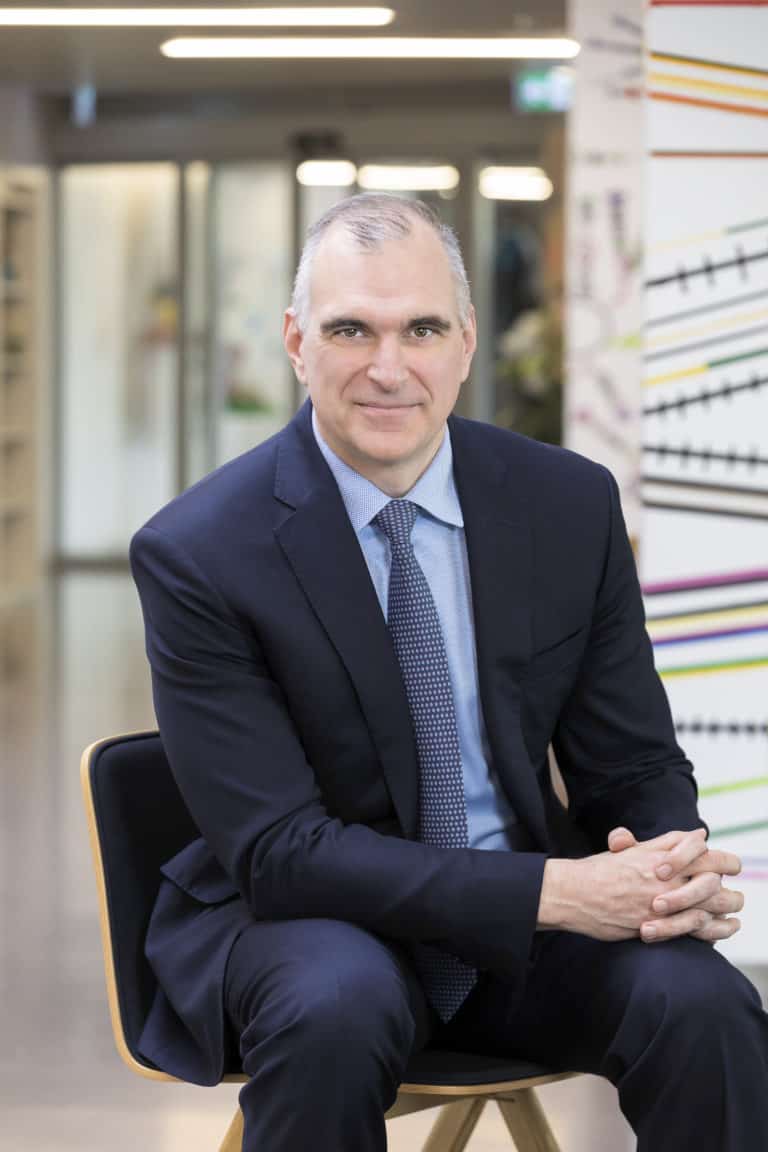
How do you get your children to do their best academically?
I’m a real believer in rationale. So, why is it important that we are academically successful? Well firstly, it is still largely the measure that society uses whether you are transferring schools or going to university. We still ask, what were your marks?
Secondly, we need people who are knowledgeable about the world, and I know that the counter-argument is “Oh, you can look anything up these days.” Yes, you can, but you need to know what you’re looking up and actually it’s even better if you already know something about it!
We think differently mathematically than we do in terms of language, or in terms of physical movement. Each one is a discipline of thought and to be able to think in a disciplined way allows us to solve better problems within those areas. Learning how to think like a mathematician, or a scientist or a musician is very valuable.
That understanding is especially important in the International Baccalaureate (IB), which is all about a holistic education. We don’t want specialists in one discipline of thought. Actually you need to have experience across a multiple of disciplines. We want kids to think “Oh, that’s interesting, how historians think about this issue differently to an economist, or a how a statistician would?” And again, that helps us solve better problems.
You have a vast and varied after-school program of activities. Can you tell me a little bit about that?
This is all part of the learning program. We want kids to have great experiences. One of the tests for this with me is, when you talk to alumni from schools and you say “What had the biggest positive impact on you as a student? Where did you really come out of your shell? Where did you get that confidence? They don’t always point to an academic subject. They’ll often say “On the basketball court, or at music lessons, or in drama…”
We don’t instinctively know where kids are going to find their passion so as a school, we have a responsibility to offer a wide variety of really high quality activities. I include academics in that too, but also service opportunities, trips, skiing, sports, and music. High quality is really important. This isn’t just about “Oh, go out with a coach or music instructor and see what happens.” No. We want you to have a high quality experience in order to get the utmost from the experience.
How do you encourage the understanding between different cultures and nationalities, and potentially languages, within the school?
Well, firstly you have to declare that you value it. So, we recognise that we actually need that diversity of language and culture. Once that is clear, you can appreciate that your culture’s quite special and unique, relative to others. That helps people appreciate what it must it be like for someone who is learning a different language, or shifting to a different culture.
Going forward, if you want to move into a different culture, having that openness and understanding is valuable, and we’re hearing universities recognizing that. Coming from an international school, I always tell the university applicants here, let them know that we have 35 different nationalities and many different languages. Emphasize how difficult it was for the person sitting beside you in math class when you first got to know them, and how you ended up working together. That’s such great experience for the future because that’s probably your reality, at least professionally, for the rest of your life.
So, we value it, and then we find opportunities to develop that skill of working together, and then we celebrate as well.
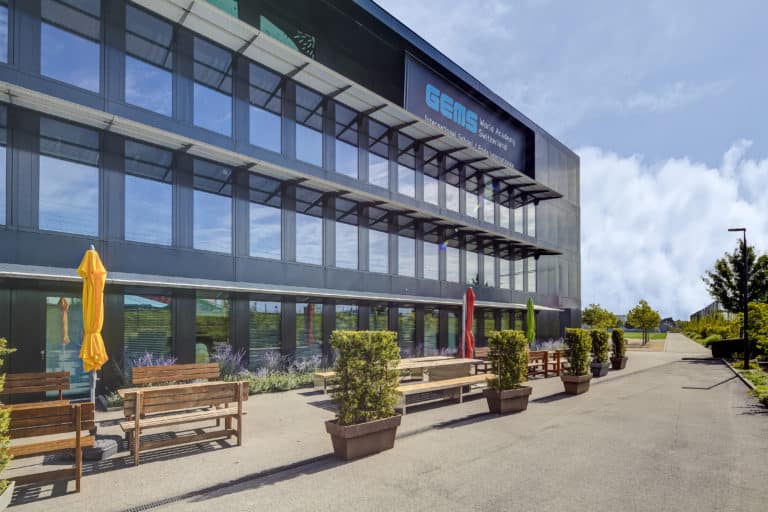
How are you personally making the most of everything Switzerland has to offer?
My connection with this region goes back some time. I have done quite a bit of climbing in Chamonix. Being here offers many more outdoor opportunities that we didn’t always have in Singapore. Not impossible, but not nearly as easy to find. Even seeing my own kids just wander outside and play has been absolutely tremendous.
Sunday is hiking or skiing day for us. It’s about getting out as a family and just exploring and tapping into the rich history here. One of our first family trips was a drive down to Italy. We saw where the Romans lived and explained the history. Just watching the kids framework out that “Wow, this is 2,000 years old!”, was wonderful.
I have two children and they are both in this school. It has been reassuring to see how easily they have assimilated here. Neighbours, friends and the school community have all been just wonderful.
So how does GEMS facilitate that integration of new families arriving?
I think that as a parent, there is an incrediblely supportive community here. A really interesting mix of local Swiss, people who are on their 10th move from around the world somewhere and people who are on their first move, yet everybody just seems to come together. We have a very proactive parent group who really want to make the school a special place and to support other parents.
There are language groups making connections across cultures, groups taking people cross-country skiing who’ve never been on skis before, and even a popular wine tasting parent group. It’s just a very pro-active, positive community.
One of my mantras is: “The school should be adding value to the community.” Parents are part of that community. We open up our pool and gym at certain times. They can come in for free and use it. There’s a parents coffee area if they want to meet. We have parents who will drop their kids off, go for a work-out, then head into Geneva or Lausanne a bit later to avoid the rush. It’s quite supportive.
We have a fantastic chef and a great restaurant. If the grandparents are visiting, the family can pop into the school, pick up their child and have lunch all together in our restaurant. This isn’t a school that says “Please drop your kids at the gate and go away.” Exactly the opposite of that. “Come in and have a coffee. Come in and chat. Connect with other parents. Sort out that play-date for Saturday or whatever it is. Have an exercise or language class.”
Polish up your crystal ball. What do you see as the main trends in education in the coming years?
I think largely that they will be similar to trends in education that we have seen for the last 2,000 years. We’re never going to get away from dispositional or character education. “Beauty sustains itself through time” and there are certain skills and qualities that have always been valued. Resilience, the ability to focus and get involved and problem solving. I don’t think any of those skills or qualities will suddenly evaporate.
What is interesting for me though, is technology. Humans and computers on their own aren’t as good as humans and technology working together. I think that is the future of education. How do we leverage what technology can provide us, without losing that human element? How we merge those two together is going to be really important, without losing all the skills and qualities that we’ve always valued.
I think education also has the potential to become more flexible. Flexible, in that we can choose to learn things in more ways than we ever could in the past as there are infinitely more opportunities. I think we have the potential to be more interdependent than we have ever been before. We know that more and more of our professional jobs are going to rely on our ability to connect with people and work in teams, and leverage technology. So, interestingly, that interdependence is not just with people, it is also interdependent on technology.
I think we are getting better at being educators. We know more now about how the human brain functions than we ever knew in the past. For example, understanding what parts of the brain are activated and why language is so powerful as a learning tool outside of language acquisition
All of this means that schools need to remain relevant. What are we preparing kids to be successful for? I think we’re preparing kids to be successful at looking at potentially big, complex issues, understanding project management and collaboration, and prototyping and systems thinking to make a positive difference.
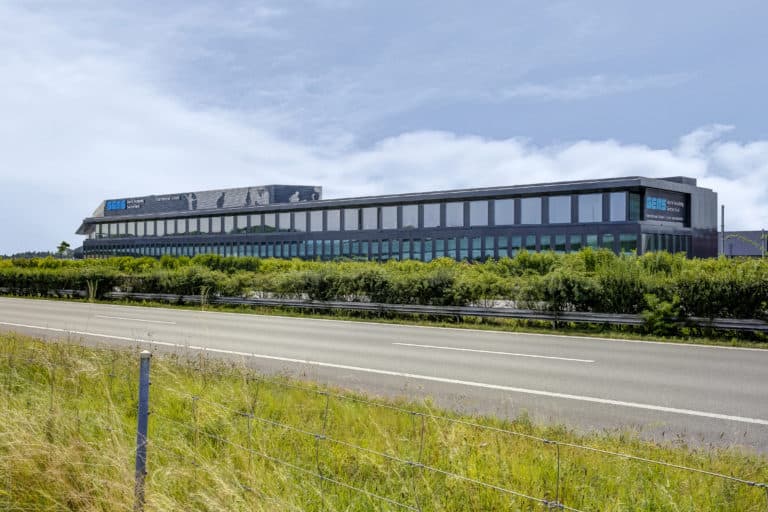
So what would you say are the biggest challenges or issues for education in the future?
A key challenge is going to be recognising that some of the skills and qualities of the future may not be the ones of the past. Not everything needs to change. There are some things that we need, such as effective communicators. That’s always been the case and I think it will be the case many years from now.
The second aspect is being open to progress and transformation. Knowing when something does need to change. This is one of the biggest challenges I think for parents. Your child’s education may not look like your education, and that’s okay. Part of our job as a school is to inform parents about what the current reality is, and provide a rationale for how we have changed to meet new needs.
As professionals, I think we need to be able to say confidently “Here’s where we are with reading or this is what we know about effective reading.” We need to know and understand past studies, and we need to incorporate them into future learning. We teach reading differently than we did in the 1960s for a reason and that is because we know more now based on research about what is effective. The same thing applies for numeracy. As long as the change is based on research, that is absolutely fine.
James, thank you very much for your time. It has been a pleasure.
GEMS World Academy Switzerland is an international school in Etoy, Vaud, Switzerland, offering all three International Baccalaureate (IB) programmes for students ages 3 to 18. GWAS offers an exceptional learning experience in state-of-the-art facilities, with an emphasis on Wellbeing and Innovation. To find out more about what makes us unique and why we say that we are “a school built around your child”, please call us at (012) 964 18 18 or visit our website: www.GemsWorldAcademy-Switzerland.com
